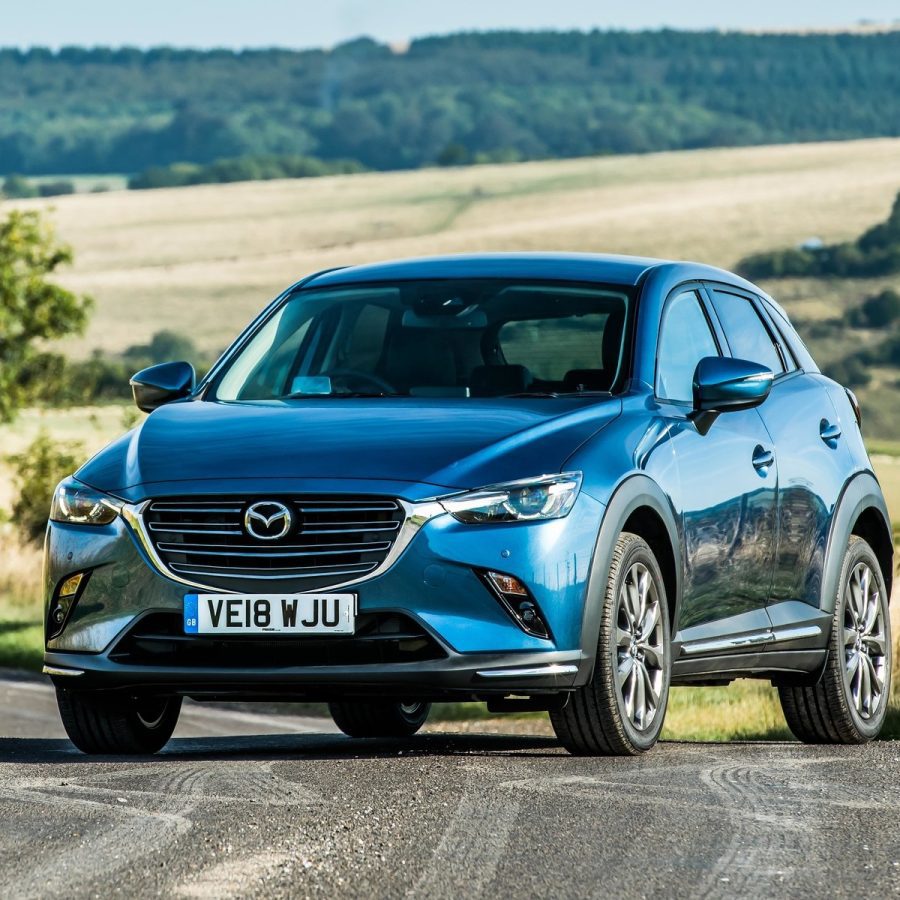2019 Canada Automotive Sales Research
In 2019, the Canadian automotive market experienced further shifts in response to both domestic and global challenges and opportunities. After the decline that began in 2018, 2019 saw a continuation of this trend, with total new vehicle sales decreasing from the previous year. Factors such as economic uncertainty and global trade tensions played a role in the slowdown. SUVs, crossovers, and pickup trucks further solidified their position as the vehicles of choice for Canadian consumers. The reasons ranged from their utility, comfort, and perceived safety to their suitability for Canada's varied terrains and climatic conditions. Concerns over potential economic headwinds persisted. Factors like fluctuating oil prices, trade tensions (especially surrounding USMCA/NAFTA 2.0), and increasing interest rates contributed to a sense of caution among consumers. There was a notable uptick in the interest and sales of electric vehicles (EVs) and hybrids. Provincial incentives, especially in British Columbia and Quebec, alongside an expanding charging infrastructure and a wider range of available models, propelled this trend forward. With added technology and features, the average transaction prices of vehicles, especially trucks and SUVs, continued to rise. This trend was met with extended financing terms as consumers sought ways to manage monthly payment costs. The market for sedans continued its decline, with many automakers announcing reductions in sedan offerings or ceasing their production altogether to focus on the more profitable SUV and truck segments.













